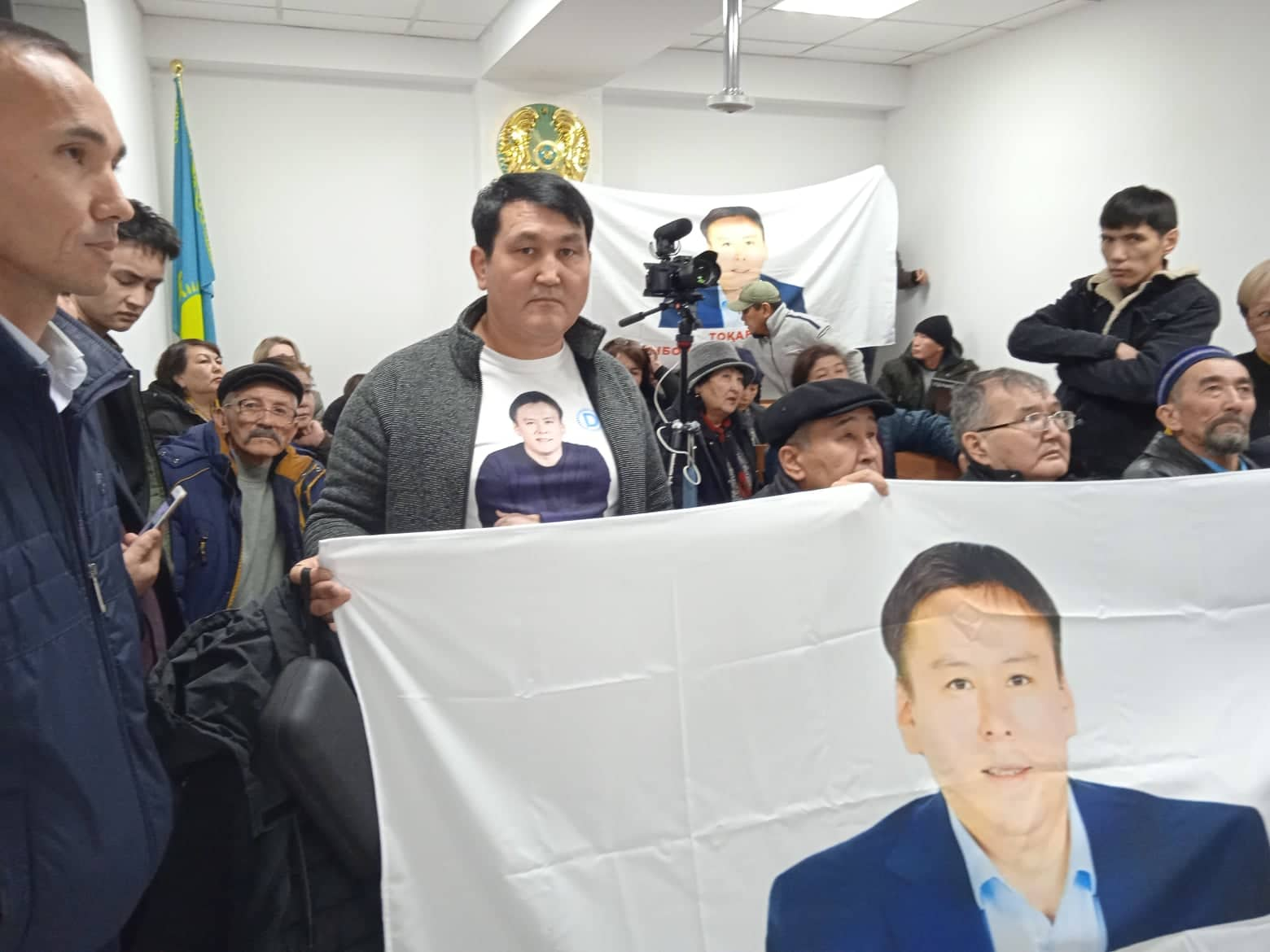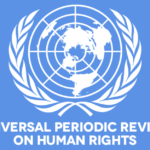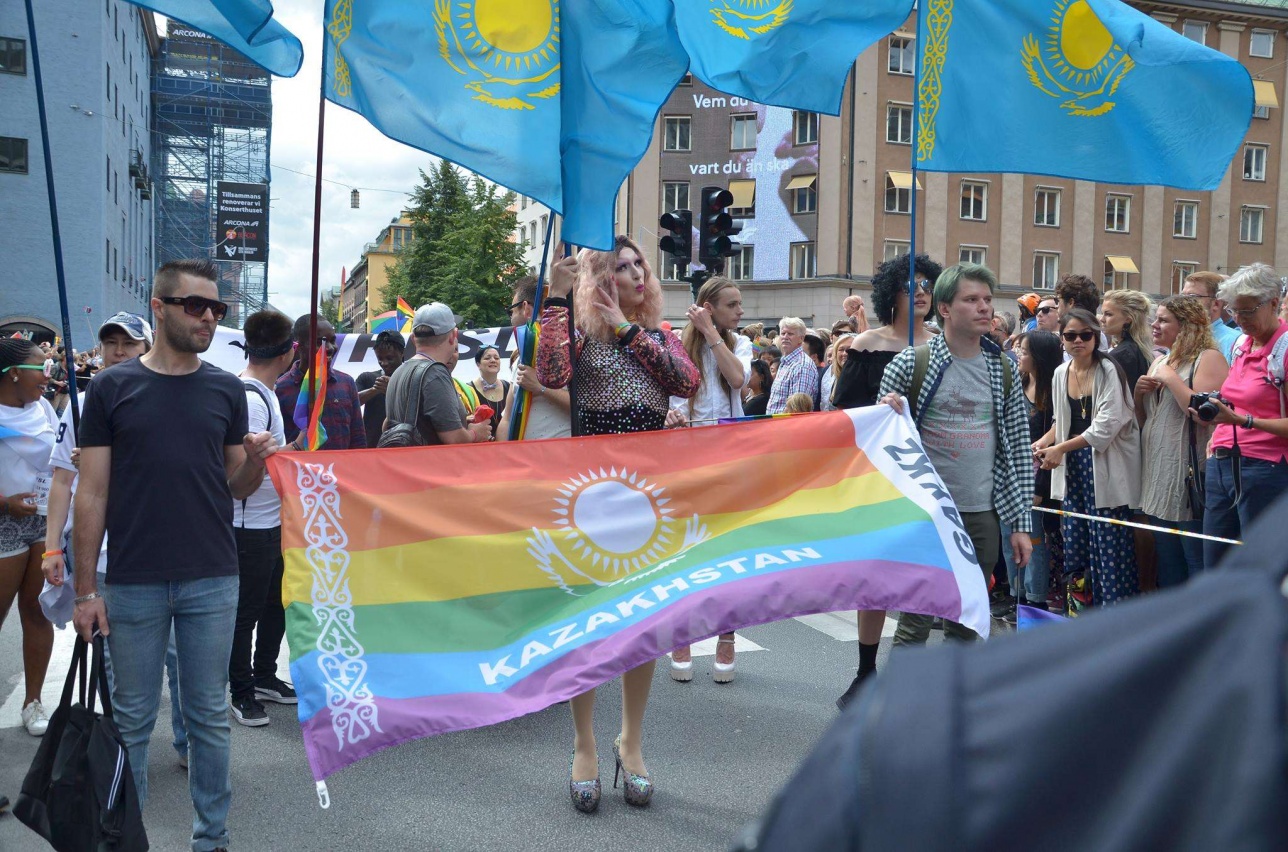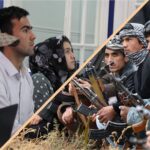The criminal trial of Zhanbolat Mamai (leader Kazakhstan’s unregistered Democratic Party) resumed at the Bostandyk District Court #2 in Almaty on January 26th. The politician was previously tried under three articles of the Criminal Code: “dissemination of knowingly false information”, “insulting a representative of the authorities” and “violation of the order of organization and holding of peaceful assemblies”. Now he is being charged with “organizing mass riots” in Almaty during the January 2022 protests–the same charge that the prosecutor’s office itself had eliminated three months earlier. The trial had been suspended on December 2 at the request of the prosecution, stating the need for a new forensic examination.
Just before the anniversary of Bloody January, the prosecutor’s office had announced new charges would be filed against Mamai, but they were not clarified at the time.
The indictment is a detailed description of the events that took place in the streets of Almaty on January 5, 6 and 7 last year (attacks by crowds on police and soldiers, storming and burning of buildings, looting of stores, and more). These events are described as allegedly caused by Mamai’s rally on January 4 in front of the Almaty Arena Sports Complex. which was dispersed by police. Mamai was then detained and held at various police stations. Mamai was then released when demonstrators moved from the outskirts of the city towardsRepublic Square. No casual connection between these events is traced in the indictment. The indictment also ignored that on January 5, Mamai was attacked by unknown perpetrators and was then taken home in grave condition.
Alongside a detailed description of the mass riots that took place in the streets of Almaty, the indictment discussed material damage to state property totaling billions of Tenge. It is not clear whether these figures were named for the sake of impression or to put responsibility directly on Mamai for the damage caused. It’salso unclear whether the new charges of organizing mass riots (Article 272) were brought instead of the previous three charges of spreading false information on the banking system (Article 274), of verbal abuse of police officers who dispersed the participants of the unauthorized rally (Article 388) and of disorderly conduct of rallies and marches (Article 405), or whether they are added to them.
The defendant and his lawyers will be able to respond to the charges by presenting critical comments on their substance and form at the next hearing, scheduled for February 6.
For now, we invite our readers to pay attention to the following chronology:
- On October 26, 2022, the prosecutor’s office dropped the charges against Mamai under Article 272 and sent the case to court on three other charges. On January 26 this year, the same prosecutor’s office is announcing the same charges exactly three months after last year’s exclusion.
- The expulsion of Article 272 and the release of Mamai from pre-trial detention took place two days after a British parliament press conference in London (headed by Lord Kenneth Macdonald, former Crown Prosecutor of England and Wales) which announced a public commission of inquiry into the January protests and Mamai’s criminal case. The return of the this charge took place six days after the press conference held in Almaty by the members of that commission.
The members of the British delegation asked the Kazakh authorities to allow them to visit Zhanbolat Mamai, who was under house arrest. The Bostandyk District Court initially granted such permission but then withdrewit. The Kazakhstan Vice Minister of Foreign Affairs and the Chairman of the Committee on Foreign Affairs, Defense and Security of Mazhilis cancelled their meetings with members of the commission (althoughthe latter can be explained by the dissolution of the lower chamber on January 19).
After the departure of the delegation and Kazakhstan, the Foreign Ministry spokesman Aibek Smadirov, criticizing the British Delegation, claimed “it’s none of your business who and why we put in jail in our country, and who we order to shoot without warning,” ignoring that respect for human rights is not only an internal affairfor a country that has ratified international treaties and conventions on human rights.
















